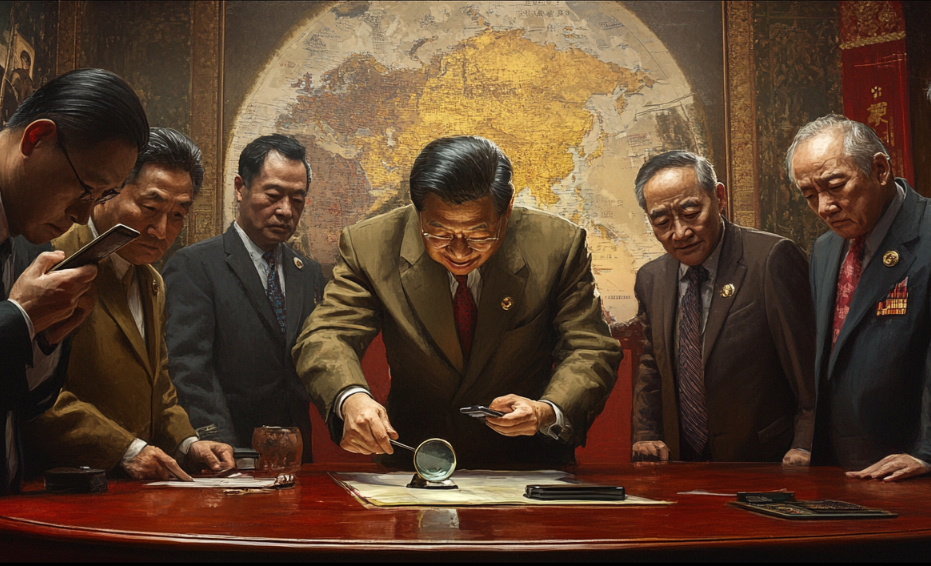Elon Musk’s Twitter has labeled National Public Radio as “state-sponsored media.”
NPR says it’s quitting Twitter because the label isn’t fair. Only one percent of their funding comes from the government, they say.
Let’s think about that for a minute.
If it’s truly only 1 percent of their funding, why not just forgo it? Why not refuse to take any more government money? It’s only 1 percent.
But they didn’t do that. That brings two possibilities to mind.
1. It’s possible NPR is playing a political game, or a game of public sympathy. They might be posturing in the hopes they can influence Twitter to change its policy.
If so, I’m out of my depths. I don’t have any uniquely valuable perspective on that sort of thing, so if that’s the play here, what I’m about to say doesn’t have any value.
2. In my world, I’d evaluate it like this. The funding — whatever percentage it is — is worth more to NPR than whatever lift they get from Twitter. That’s worth pondering. Is Twitter that inconsequential to their business? If it’s not worth 1 percent of NPR’s revenue, what does that say about the ROI of Twitter?
Or think of this another way. NPR has some number of people, and some amount of resources, dedicated to Twitter. Surely they can retarget those resources to generate 1 percent of their revenue.
I’ll admit, I’ve been a social media critic from day one. I’ve always found the rhetoric to be overblown, and I think publishers have lost a lot of opportunities by fooling around with Twitter and Facebook. That time could have been better spent.
So in keeping with my enduring skepticism of social media, I’ll stick with the second explanation and put it to you plainly. If NPR values the 1 percent of its revenue they get from the government more than they value whatever they get out of Twitter, that’s a significant data point. Maybe it’s time for you to take a second look at the value of Twitter to your business.




